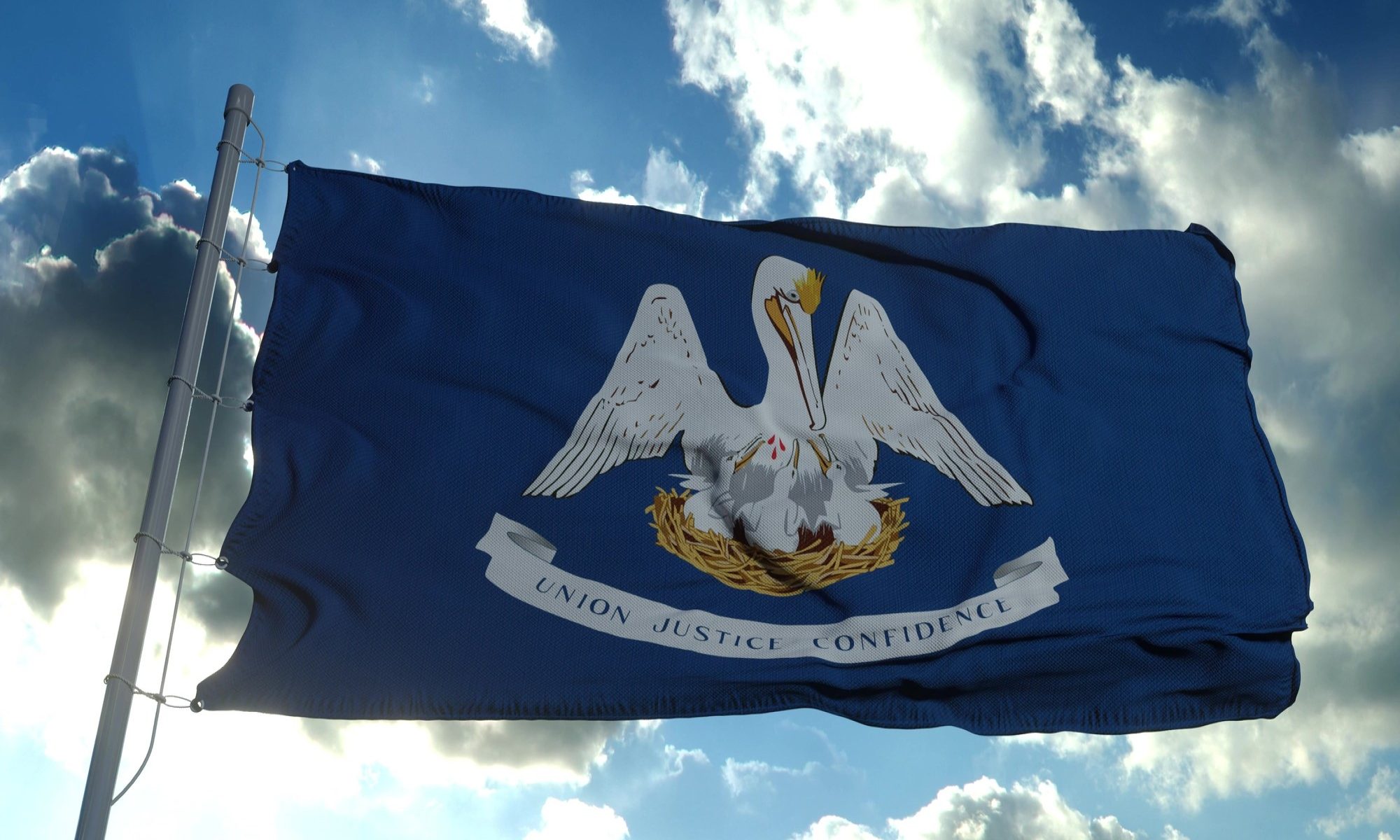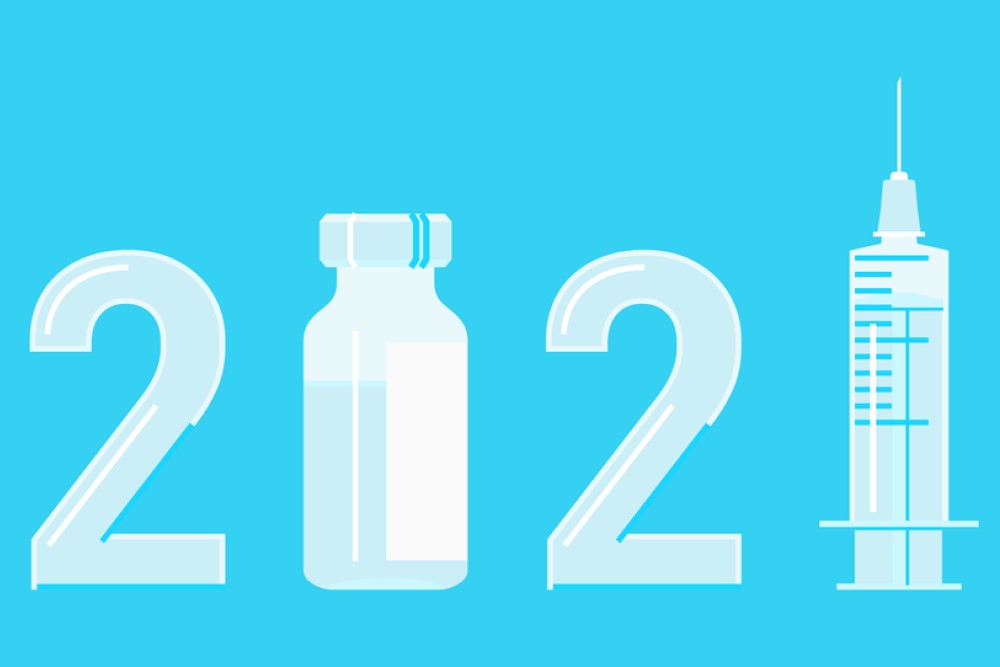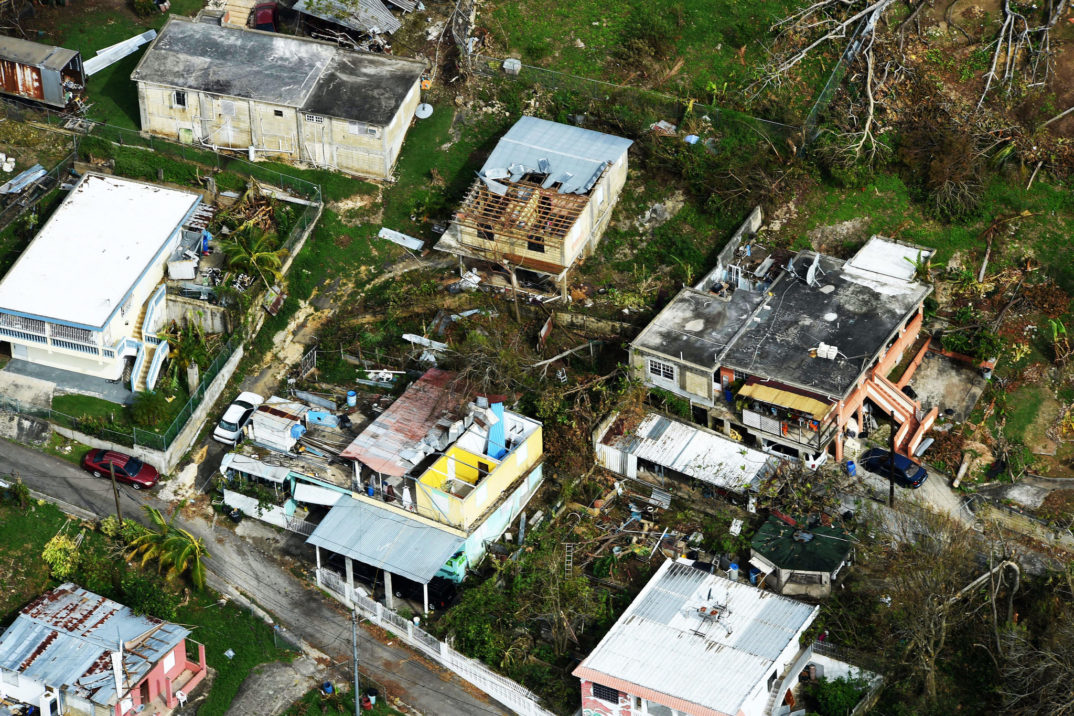After a tumultuous election process House Republicans finally elected Louisiana representative Michael Johnson as Speaker of the House on October 25th. As the relatively unknown politician takes up one of the most powerful positions in American governance, he has come under scrutiny for his strident Evangelicism, denial of the legitimacy of the 2020 election, and climate change skepticism.
Beyond his staunchly oil and gas voting record, a crucial red flag was a 2017 comment: “The climate is changing, but the question is, is it being caused by natural cycles over the span of Earth’s history. Or is it changing because we drive SUVs?” There is little reason to believe Johnson has become any more serious about climate change since then. For the majority of the American public, who want the government to do more to address climate change, Johnson’s position is disturbing. Such comments are also at odds with the consensus of the scientific community. But are they morally wrong?
Typically, we would consider someone’s position on climate change a factual matter, as opposed to a moral one. However, the factual and the moral are often entangled. First, because our belief in certain facts often has direct moral implications. Lives are literally on the line with climate change. Second, and more controversially, we might consider some beliefs themselves to be immoral, for example, pseudoscientific beliefs about the different intelligence of races. Part of the reason this is controversial is because some philosophers hold that people should not generally be held morally accountable for their beliefs, but only their actions.
Let us assume going forward that Speaker Johnson’s climate change skepticism is sincere. As a Representative from a state boasting a sizable oil and gas industry and as a recipient of oil and gas campaign donations, it can’t be ruled out that he is simply cynically lying about his personal beliefs to fatten his pockets. This would not be good of course, but it would hardly present a moral conundrum. More challenging is what to make of sincere climate skepticism.
To be clear, sincerity does not legitimate climate skepticism. Johnson is not a scientist, he is a lawyer, and it is unlikely that his position is formed based on serious confrontation with the scientific evidence. Like most of us, his stance on climate change probably came from some casual reading and the views of his social circle. We might suspect that motivated reasoning – where what he wants to believe subconsciously impacts what he does believe – is at play. But none of this seems especially unethical, it’s merely human. In fact, given the long history of disinformation deployed by the fossil fuel industry to promulgate doubt about human-caused global warming, to hold someone accountable for sincere climate change skepticism is essentially to condemn them for believing someone else’s lies.
On the grounds that Johnson is sincere, and he did not “choose” his climate change skepticism, most philosophers would find it difficult to hold him morally accountable for this ignorance. But it is not impossible. One option would be if his climate skepticism is not so accidental after all. Imagine for example that Mike Johnson’s clerks prepared a report on the evidence for human caused climate change, and Representative Johnson declined to read it because he worried it would lead him to doubt his oil and gas initiatives in Louisiana. Here, in an important sense, Johnson chose ignorance.
Alternatively, we may argue that Johnson failed to live up to a reasonable expectation to form more accurate beliefs about climate change. This argument may apply especially strongly to someone in his position. As a member of Congress he has access to extensive resources and, so the argument goes, he should have used some of these resources to understand climate change more fully. In other words, this line of argument contends his ignorance is unreasonable, and therefore worthy of moral condemnation.
We can slightly tweak this, arguing that it is not simply about the resources he has available, but rather the nature of his position. He is a public servant with a responsibility to the people, and therefore his climate skepticism could be viewed as a failure to uphold the obligations of his office. Under this analysis, the moral concern about climate change skepticism does not attach to everyone, but rather specifically to those with certain kinds of responsibilities, such as politicians. Although the precise ethical contours of Johnson’s responsibilities to his voters, his party, his state, and his country is a complicated question in representative democracy, especially with so few republican voters seeing climate change as a priority.
Then there are attributionist approaches. Attributionist theories of moral responsibility aren’t concerned with whether or not Speaker Johnson chose to be a climate change skeptic, but rather what him being a climate skeptic says about him as a person and how he regards others. In some cases, like racist beliefs, it is clear how one’s belief leads to a negative evaluation of their moral character. If you learn that someone holds a bushel of racist beliefs, you learn something about who they are. Climate change skepticism does not involve vicious beliefs about others in the same way as racism, but could there be relevant similarities? Mike Johnson’s home state of Louisiana is uniquely vulnerable to the impacts of climate change, and has been deeply affected by hurricanes, tropical storm, heat waves, invasive species, and other environmental harms at least partly stemming from a warming climate. From an attributionist perspective, one can argue that Johnson’s dismissal of the human harms of climate change, illustrates a morally troubling callousness and he deserves moral condemnation on this ground.
Outside of challenging metaphysical considerations of when people are morally responsible for what beliefs, we might also focus on the real world expressions and practices of moral blame in response to Mike Johnson. For even if public moral condemnation does not intersect with some ultimate truth about moral responsibility, it can tell a story about what Americans care about, and what beliefs they will or will not accept in their leaders.





